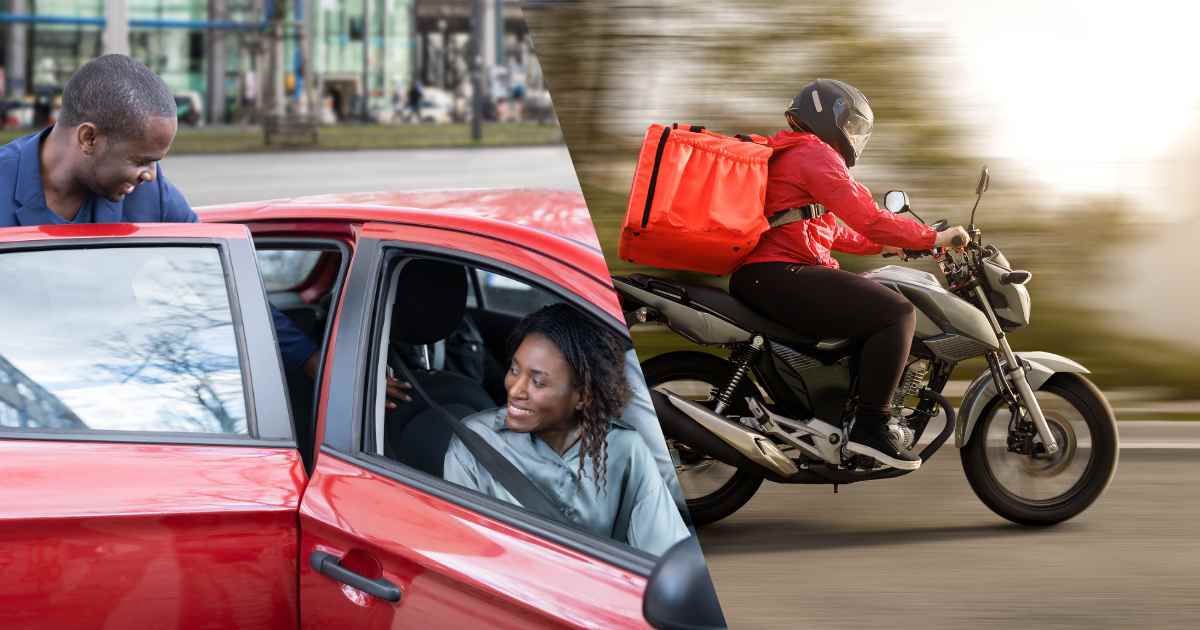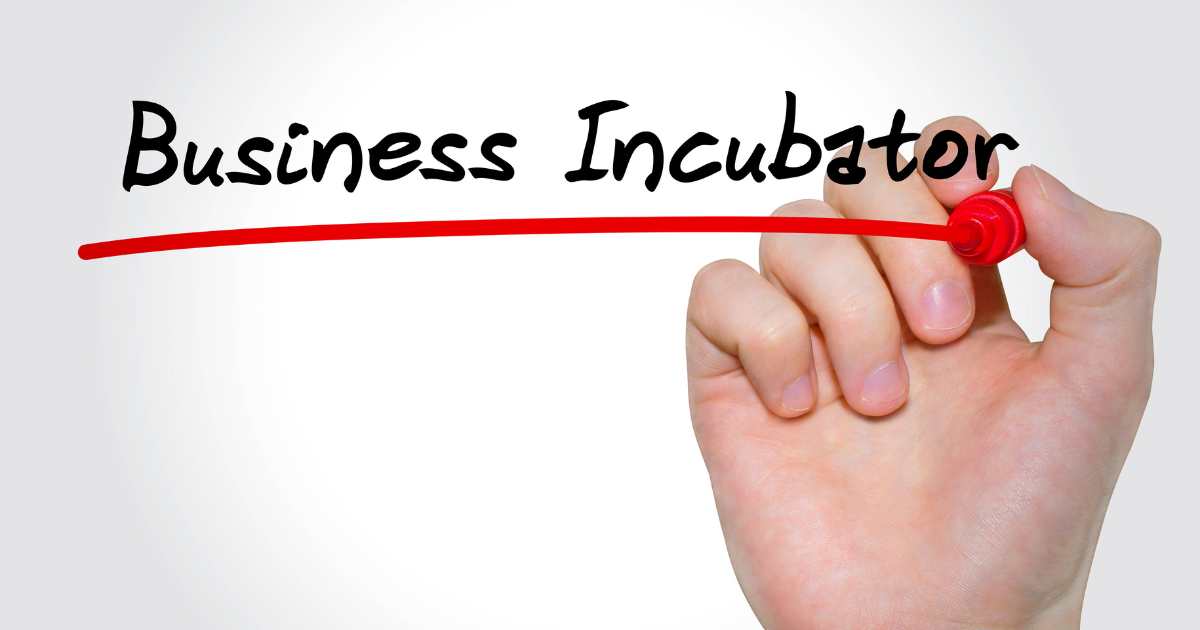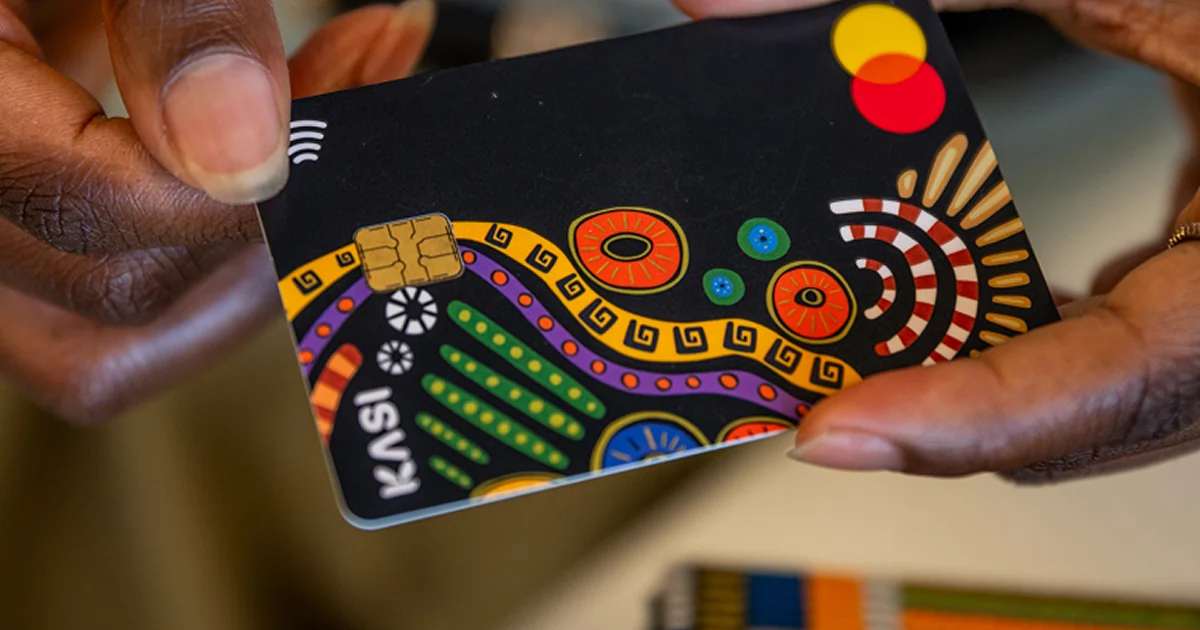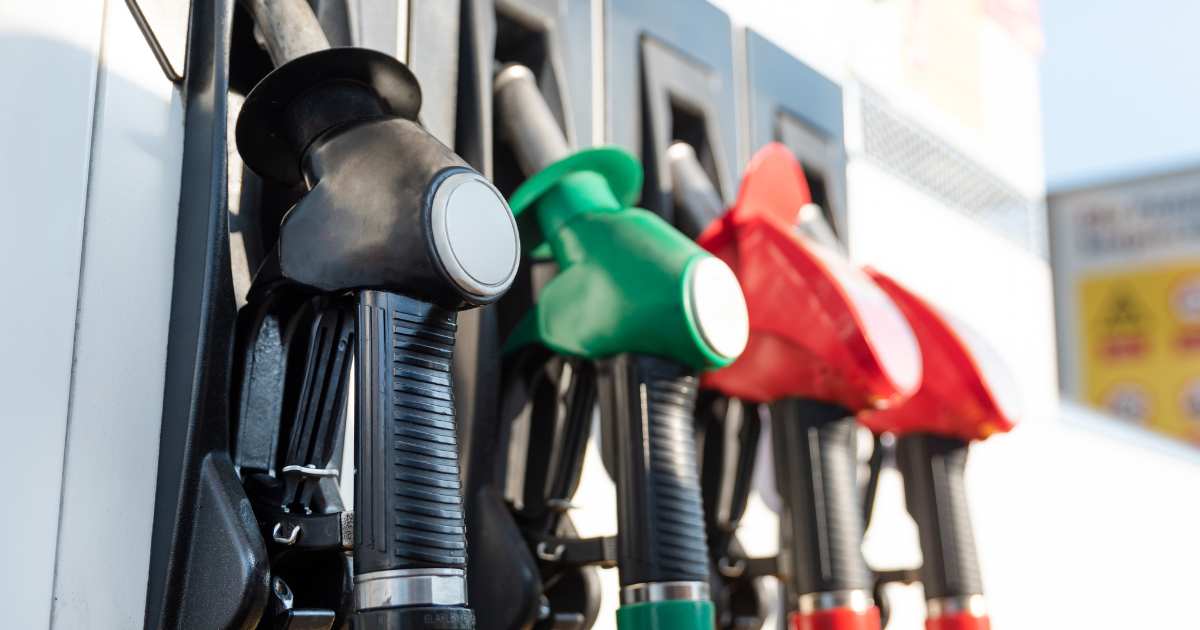
In South Africa’s growing urban mobility landscape, entrepreneurs have a unique opportunity to enter the growing demand for accessible transportation and delivery services. The two popular and promising business models are scooter delivery and e-hailing services. Each service option has its own unique advantages and challenges. This article explains important considerations to help determine which business model might be best for your entrepreneurial ambitions.
Understand the Business Model
Scooter Delivery Services
Scooter delivery services focus on transporting food, groceries, and other items quickly and efficiently. This delivery service involves partnering with local restaurants, grocery stores, and retailers to fulfil orders using scooters. The ability to easily manoeuvre through traffic and park in tight spaces makes, the scooter an ideal choice for delivery in busy urban areas. Examples of scooter delivery services are Uber Eats, Mr D, and Spaza Eats.
E-Hailing Services
E-hailing services are mainly focused on passenger transportation. Customers can request a ride from a nearby driver through a smartphone app. This model offers flexibility in vehicle selection. and can meet the needs of individual and group travel. With an emphasis on convenience, e-hailing is fast becoming the preferred form of transportation in many cities. Some of the most popular e-hailing services are Uber and Bolt.
What You Need to Start a Scooter Delivery Service in South Africa
You must purchase reliable vehicles when starting a scooter delivery business in South Africa.
Something else to consider is the contamination of your foods by top boxes that do not seal correctly.
Depending on the scale you want to enter the market, you can start by signing up as a freelance delivery rider for the larger players to establish your service.
There are no business requirements when establishing a scooter delivery service. Unlike establishing a restaurant, bakery, or liquor store, no licenses are needed to run the business.
Licenses and registrations are required for vehicles and drivers, and delivery businesses that hire drivers as permanent staff should apply for an insurance policy to cover accident damage and injuries.
As a business owner, you must register the business properly. Your drivers will need a smartphone with GPS capabilities for the day-to-day running of the business.
And if you have a registered business, you can apply for fuel subsidies.
What You Need to Start an E-hailing Service in South Africa
Eligibility and Requirements
Have and prepare necessary documents such as a valid driver’s license, vehicle registration, proof of insurance, certified South African identity copy or company registration certificate, a criminal record check, a picture, a motor vehicle licensing disc, and a Dekra inspection report.
Registration Process
Visit the official websites or download the mobile apps of Bolt, Uber, or InDriver.
Follow the registration prompts, provide accurate information, and upload the required documents.
Complete the background check process, which is crucial for ensuring passenger safety.
Vehicle Inspection
Arrange for a thorough inspection of your vehicle to meet the platforms’ safety standards.
Address any issues identified during the inspection to enhance your chances of approval.
Training and Onboarding
Participate in any mandatory training sessions or online modules provided by the e-hailing platforms.
Familiarise yourself with the app interface, navigation tools, and customer service guidelines.
Setting Up Payment Details
Link your bank account to receive payments seamlessly. Understand the payment structure, including commission fees and incentive programs.
Advantages of Starting a Scooter Delivery Business
Low Startup Costs: The fact remains that scooter delivery does not require as much startup capital compared to e-hailing. It is, in a way, less expensive to buy and run a scooter business than it is with e-hailing, making it more accessible for entrepreneurs entering the market.
Rapid Growth Potential: The demand for food delivery has increased, largely post-COVID. This presents a huge opportunity for entrepreneurs who want to provide fast and consistent delivery services to serve customer needs.
High-Profit Margins: Delivery fees can create high-profit margins. Mainly, if the business carefully manages the operation costs, it is easy to increase revenue and earn good money. Partnering with multiple restaurants and retailers as part of your network is a good way to ensure that you have a great revenue stream.
Advantages of Starting an E-Hailing Business
Scalability: E-hailing services are likely to scale quickly, once a strong customer base is established, your e-hailing fleet can quickly generate increased revenue by entering new areas or adding more vehicles.
Diverse Revenue Streams: E-hailing businesses can create multiple revenue streams, including premium rides, partnerships with local businesses, and even a subscription-based service for frequent travellers.
Customer Loyalty: In an e-hailing business, when they offer excellent service, you create strong customer loyalty. Happy customers are more likely to refer to the service, which leads to organic growth.
Scooter delivery and e-hailing services have great opportunities for entrepreneurs in South Africa. Entrepreneurs can have choices based on the resources they have, expertise, and market demand. If you are drawn by a fast-paced delivery service, you will need to venture into scooter delivery. If you prefer a scalable model focused on personal transportation, consider starting an e-hailing service.






